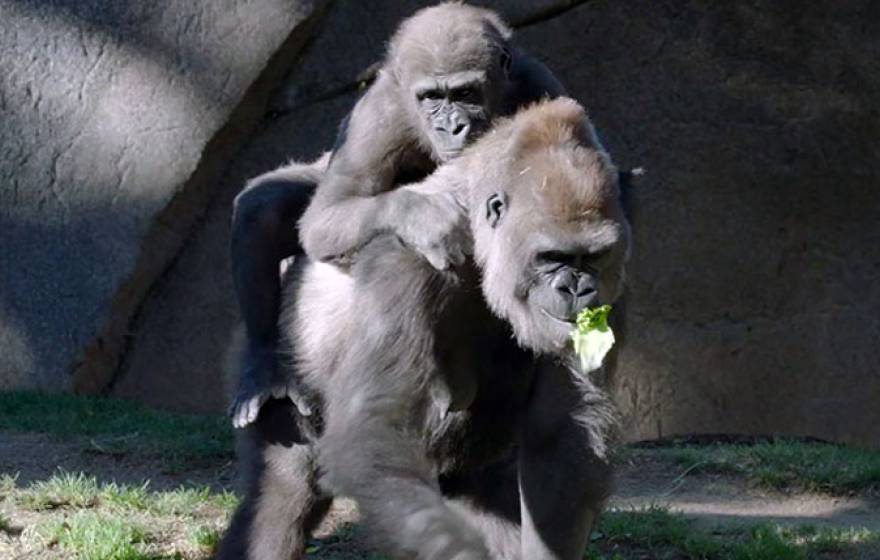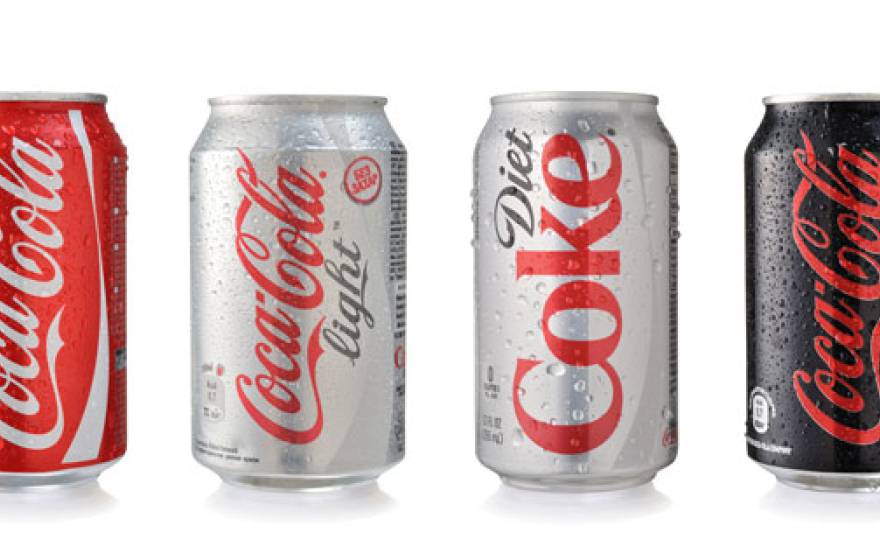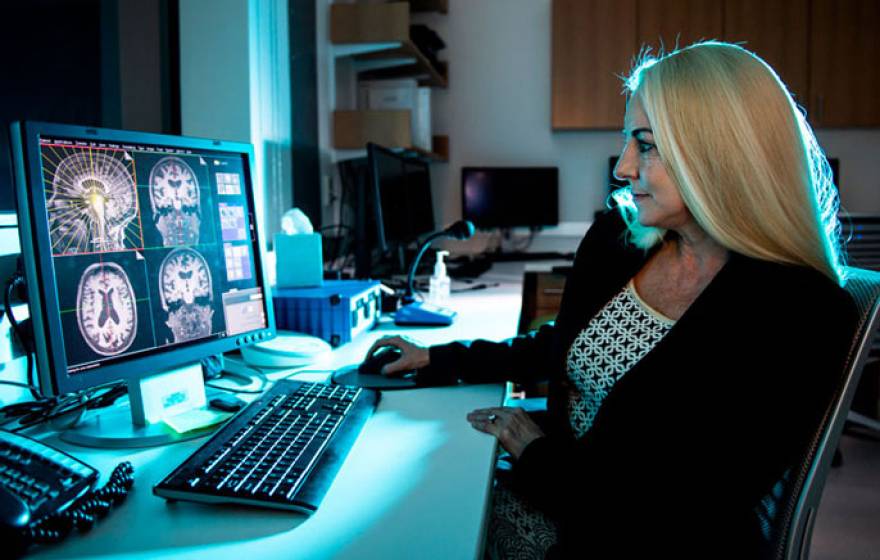Gratitude is not innate in young children but learned (around the age of 7), researcher says.
E-scooters show alarming spike in injuries
Hospital admissions quadrupled in last four years, UCSF study finds, mainly in young adults.
UC San Diego doctors come together to save eyesight of 3-year-old gorilla
Mother and child receive treatment together as medical team assists in surgery to remove cataract caused by trauma.
Is there (still) a gender gap in politics?
More women have run in the 2020 presidential election than ever before. But is the gap in representation closing?
Diet soda may be hurting your diet
Evidence suggests that artificial sweeteners are linked to chronic issues like obesity and diabetes. Should they be taxed?
Brain scans could flag children’s future mental health problems
The findings could pave the way for earlier, more effective diagnoses of attention deficit disorder and more.
Zika vaccine protects fetus in pregnant monkeys
An experimental Zika vaccine shows promise for preventing mother-to-fetus transmission of the virus.
The giving season
Evolutionary anthropologist Michael Gurven explains why the holidays bring out the better angels of our nature.
Five UC research stories that got the world talking in 2019
A device that translates brain signals into speech is just one of the UC breakthroughs that got the world’s attention in 2019.
The mystery of Easter Island revealed?
Rapanui people likely believed the ancient monoliths helped food grow on the Polynesian island, study says.
Atmospheric river storms create $1 billion-a-year flood damage
These massive storms are likely to grow in intensity in coming years.
Bringing sea otters back to San Francisco Bay
The California population could triple if otters returned to their historic home — they just need to get past those great white sharks first.











